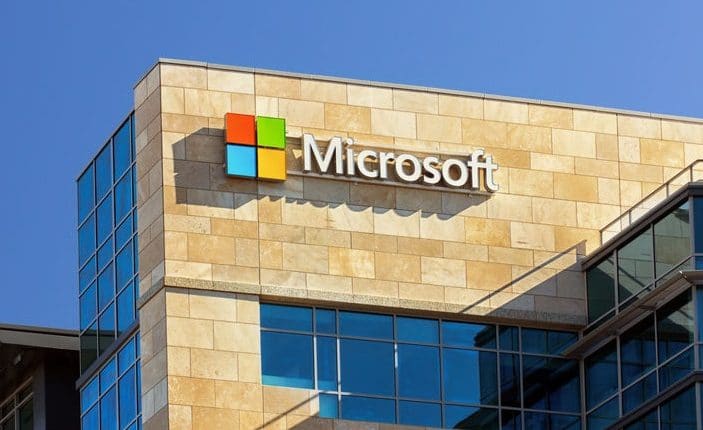Microsoft has decided to end its support for running Android apps on Windows 11. In a support document, the company noted “Microsoft is ending support for the Windows Subsystem for Android™️ (WSA). As a result, the Amazon Appstore on Windows and all applications and games dependent on WSA will no longer be supported beginning March 5, 2025. Until then, technical support will remain available to customers.” Amazon has already written to customers, informing them about this development via email as well.
What does this development mean? While existing users can breathe a sigh of relief as they will be able to continue using their currently installed Android apps until March 5, 2025, several limitations will be implemented in the coming months. Most notably, the ability to download and install new Android apps will cease after March 6, 2024, and users will no longer have access to the vast library of Android apps previously available through the Amazon Appstore on Windows. Additionally, the Amazon Appstore itself will no longer be searchable or discoverable on the Microsoft Store, further restricting access to new app installations. This reduces the choices for users who relied on specific Android apps for productivity, entertainment, or other functionalities.
Coming to the impact on developers who have published apps on the Amazon Appstore for Windows 11, existing apps will remain accessible to users until the support cutoff date. However, developers will no longer be able to submit new apps targeting Windows 11 after March 5, 2024, but will be able to continue to provide updates and support for their existing apps “during the wind down period,” Amazon noted.
Microsoft has not provided specific reasons for its decision to end support for Android apps on Windows 11, although one may speculate that the user adoption of WSA and Android apps on Windows 11 have fallen short of expectations. Couple that with the tech titan’s focus on generative AI, and you get an idea why Microsoft is looking to allocate its time and resources on other pursuits. “As part of our commitment to meeting evolving customer needs, we periodically update our product offerings,” a spokesperson for Microsoft said. “This involves introducing new technical innovations and retiring products. Microsoft remains dedicated to an open platform and ecosystem, and we look forward to continuing to bring the best experiences and apps to Windows.”
For those who need a refresher course, introduced three years ago, Windows 11 introduced official support for Android apps through the Windows Subsystem for Android (WSA), a virtual machine maintained by Microsoft. This feature – the successor to the Windows Subsystem for Linux – allowed Windows 11 users to install and run a wide range of Android applications directly on their devices, leveraging the Amazon Appstore as the primary source for app downloads.
While Microsoft is looking to end support for the WSA, users still have alternative options for running Android apps on Windows 11. Third-party solutions like Waydroid and BlueStacks offer alternatives for accessing Android applications, albeit through unofficial channels. Furthermore, Amazon notes that the Amazon Appstore will continue to be “available and supported on other surfaces, including Fire TV, Fire Tablet, and Android devices.” “Developers will no longer be able to submit net new apps targeting Windows 11 after March 5, 2024, but developers with an existing app can continue to submit app updates until Amazon Appstore on Windows 11 is fully discontinued,” Amazon noted in the blog post.





